Conventional Loan Collection Accounts Guidelines: 2025 Updates
If you have collection accounts on your credit report and want to buy a home with a conventional loan, you may wonder:
Do I need to pay off collections to qualify? Will collections hurt my chances of getting approved?
Good news! Fannie Mae and Freddie Mac do not require you to pay off all collection accounts before you can get a mortgage.
In this guide, we’ll break down Conventional Loan Collection Accounts Guidelines for 2025, explain how collections impact your debt-to-income (DTI) ratio, and share tips to help you qualify for a conventional mortgage—even if you have outstanding collections.
Do I Have to Pay Off Collection Accounts for a Conventional Loan?
When getting a conventional loan, the rules about unpaid collection accounts can be a bit tricky. Fannie Mae and Freddie Mac, the main agencies that set the guidelines for these loans, let some homebuyers qualify even if they have outstanding collection accounts.
Borrowers can qualify for conforming loans without having to pay outstanding collections and/or charged-off accounts. However, Fannie Mae and Freddie Mac Agency Guidelines on collection accounts differ on owner-occupant homes, second homes, and investment property financing. Understanding the conventional loan collection accounts guidelines is important to see how they apply to your situation.
Not Sure If You Need to Pay Off Collections?
Apply Online And Get Expert Mortgage Advice Today
Here’s a quick breakdown of when collections must be paid:
Primary Residence (1-unit)
If your primary residence is a single unit (just one home), you don’t need to worry about paying off any collections before getting a loan. The same is true if you have a second home; there’s no need to pay anything before closing the deal.
Primary Residence (2-4 units) or Second Home
If your primary Residence has 2 to 4 units, or if you’re buying a second home, you’ll need to pay off any collection accounts before completing the closing process.
Investment Property
When it comes to investment properties, the rules get stricter. If you have any individual collection that is $250 or more, or if your total collections are more than $1,000, you must pay these collections. And just like with the other property types, any collections for investment properties must be paid before closing.
In summary, the conventional loan collection accounts guidelines can be confusing, but they are important to understand. Knowing these rules can help you plan better for your home purchase.
How Do Collection Accounts Affect My Debt-to-Income Ratio?
Your DTI ratio is a major factor in mortgage approval. Conventional loan collection accounts guidelines treat collections differently than other debts:
- Collections DO NOT count toward DTI on primary 1-unit homes.
- For second homes and multi-family properties, unpaid collections above $5,000 must be paid off.
- Investment properties have stricter rules—collections over $1,000 must be paid.
If you’re applying for an FHA loan, it’s different! FHA requires 5% of non-medical collection balances over $2,000 to be factored into your DTI—even if you don’t have to pay them off. Conventional loans do not do this for 1-unit primary residences.
Will Collection Accounts Hurt My Credit Score?
Yes. Collection accounts can lower your credit score, which impacts your ability to qualify for the best mortgage rates. However, older collections have less impact than newer ones. Here’s how collections affect your loan approval:
- Collections under $100 typically don’t affect loan eligibility.
- Medical collections under $500 no longer appear on credit reports as of 2023.
- When you pay off a collection account, it doesn’t make it disappear from your credit report. It just changes the status to show that you’ve paid it.
- Newer collections (less than 2 years old) impact your score the most.
If your credit score is borderline for approval, consider working with a lender like Gustan Cho Associates. This lender has no lender overlays and follows only conventional loan collection accounts guidelines set by Fannie Mae and Freddie Mac.
Why Do Some Lenders Require Collections to Be Paid Off? (Lender Overlays Explained)
Even though Fannie Mae and Freddie Mac don’t require all collections to be paid, some lenders have stricter rules. These extra requirements are called lender overlays.
If a bank tells you you must pay off your collection accounts before getting a loan, that’s an overlay. If a lender says you can’t get a loan because of collection accounts, that’s also an overlay.
But at Gustan Cho Associates, there are no extra rules. They follow the regular agency conventional loan collection accounts guidelines. If Fannie Mae and Freddie Mac say you qualify under the conventional loan collection accounts guidelines, Gustan Cho Associates will approve you—even if other lenders deny you due to overlays.
How to Improve Your Chances of Getting Approved with Collections
When looking at conventional loan collection accounts guidelines, it’s important to know that you can still get a loan even if you have collection accounts. However, if you improve your credit, you can get a loan with a lower interest rate and better terms. Here are some easy tips to help you improve your credit:
- Check Your Credit Report – Look at your credit report to make sure there are no mistakes with your collection accounts.
- Pay Down Other Debts – Paying off some of your credit card bills can help make your debt-to-income (DTI) ratio better.
- Don’t Open New Credit Accounts – Applying for new credit can lower your score for a little while.
- Work with a Lender with No Overlays – Gustan Cho Associates knows how to get approvals even when other lenders can’t. They only follow conventional loan collection accounts guidelines.
Following these tips can help you have a better chance of getting a conventional loan!
Apply for a Conventional Loan with No Lender Overlays Today!
Many lenders add unnecessary requirements to Fannie Mae and Freddie Mac’s conventional loan collection accounts guidelines, making it harder to qualify. At Gustan Cho Associates, we offer:
✅No lender overlays on conventional loans
✅ Approvals even with unpaid collection accounts
✅ Faster closings and expert mortgage solutions
Ready to get started? Call or text us at 800-900-8569 or email alex@gustancho.com. The team at Gustan Cho Associates is available 7 days a week, on evenings, weekends, and holidays.
FHA vs. Conventional – Which Loan Works Best If You Have Collection Accounts?
Apply Online And Get recommendations From Loan Experts
Frequently Asked Questions About Conventional Loan Collection Accounts Guidelines:
Q: Can I Get a Conventional Loan if I have Unpaid Collection Accounts?
A: Yes! According to conventional loan collection accounts guidelines, you do not have to pay off collection accounts if you’re buying a primary residence (1 unit). However, there are specific rules about paying off collections before closing for multi-unit homes, second homes, or investment properties.
Q: Do Collections Affect My Ability to Qualify for a Conventional Loan?
A: Not always. If you are applying for a conventional loan for a 1-unit primary home, collections do not count toward your debt-to-income (DTI) ratio and do not have to be paid off. But suppose you’re buying a multi-unit home, second home, or investment property. In that case, collections above a certain amount must be paid before closing.
Q: Will Unpaid Collections Lower My Credit Score?
A: Yes. Collection accounts can lower your credit score, especially if they are recent. However, older collections have less impact on your score. The good news is that under conventional loan collection accounts guidelines, you may still qualify for a mortgage even with unpaid collections.
Q: Do I have to Pay Off Collections for a Multi-Unit or Second Home?
A: Yes. If you are buying a 2-4 unit primary residence or a second home, you must pay off any collection accounts over $5,000 before closing.
Q: What are the Collection Account Rules for Investment Properties?
A: Investment properties have stricter rules under conventional loan collection accounts guidelines. If you have:\n- Any individual collection of $250 or more, or\n- Total collections exceeding $1,000, you must pay them off before closing.
Q: Why do Some Lenders Require Me to Pay Off Collections When Fannie Mae and Freddie Mac Don’t?
A: Some lenders have extra rules called lender overlays. Even though conventional loan collection accounts guidelines allow unpaid collections, some lenders require them to be paid off. At Gustan Cho Associates, we have no overlays, so we follow the official agency guidelines.
Q: If I Pay Off My Collections, Will They Disappear from My Credit Report?
A: No, settling collections will not eliminate them from your credit report. It merely changes the status to “Paid.” To enhance your credit, reduce other debts, and ensure timely payments.
Q: Do Collections Count in My Debt-to-Income (DTI) Ratio for a Conventional Loan?
A: For 1-unit primary residences, collections do not count toward DTI. However, unpaid collections above $5,000 must be paid before closing for multi-unit homes, second homes, and investment properties.
Q: What is the Best Way to Get Approved for a Conventional Loan if I have Collections?
A: The best way to get approved is by following these steps:
- Check your credit report for errors
- Pay down other debts to lower your DTI
- Avoid opening new credit accounts before applying
- Work with a lender that has no overlays, like Gustan Cho Associates
Q: Where Can I Apply for a Conventional Loan with Unpaid Collection Accounts?
A: You can apply with Gustan Cho Associates, a mortgage lender with no overlays. We approve loans based on conventional loan collection accounts guidelines, even if you have unpaid collections. Call or text 800-900-8569 or Click Here to Apply Now!
This blog about “Conventional Loan Collection Accounts Guidelines” was updated on February 18th, 2025.


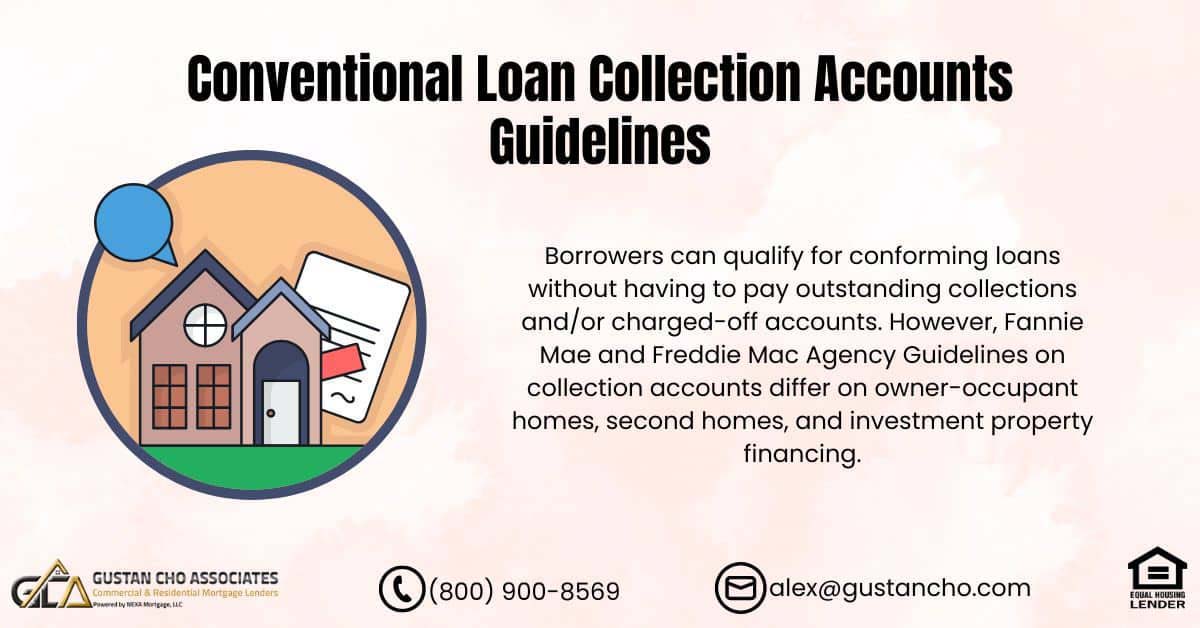

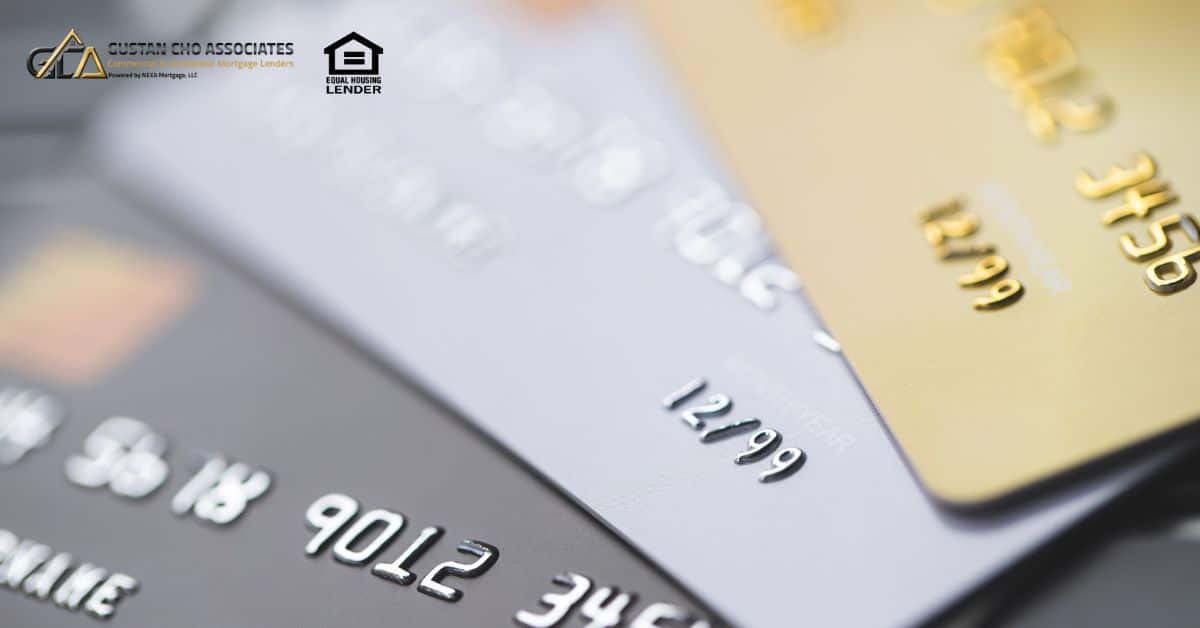
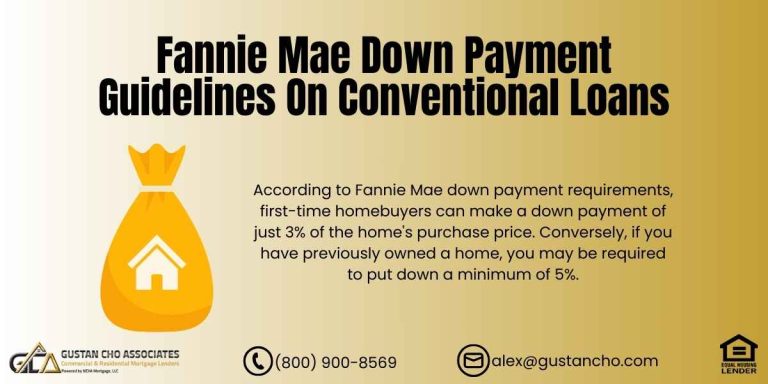
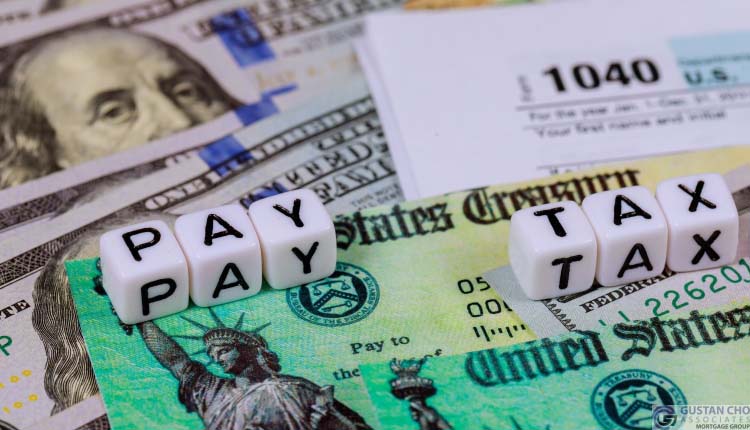
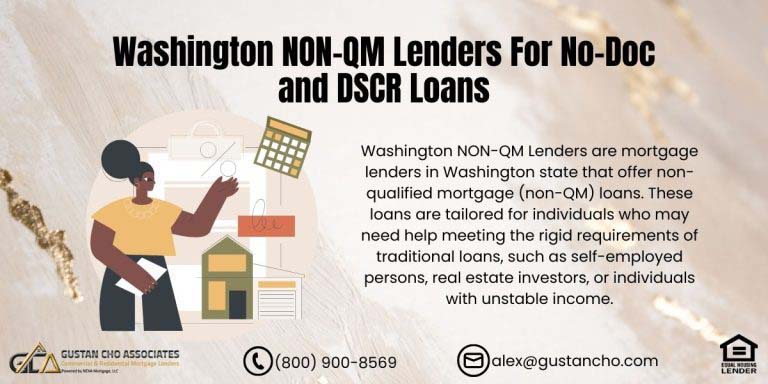
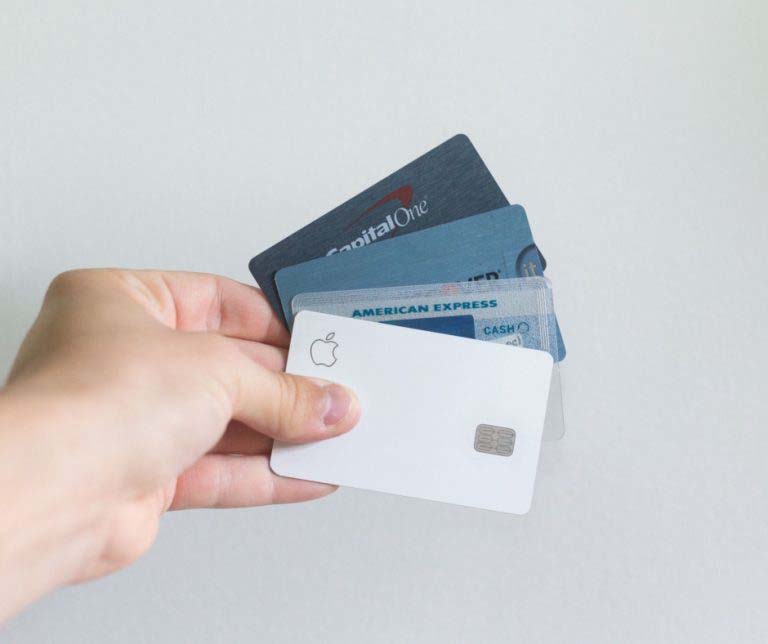
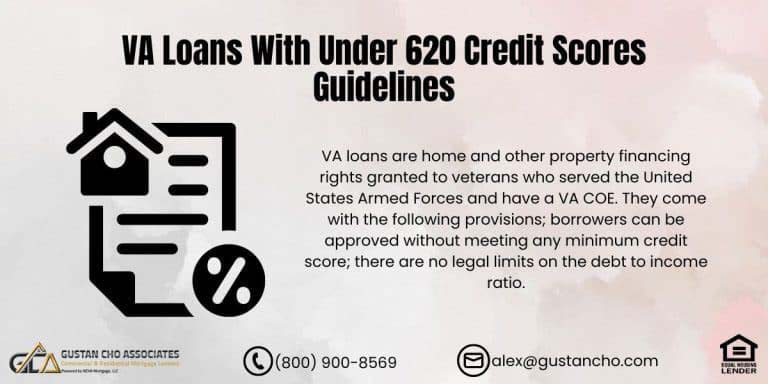
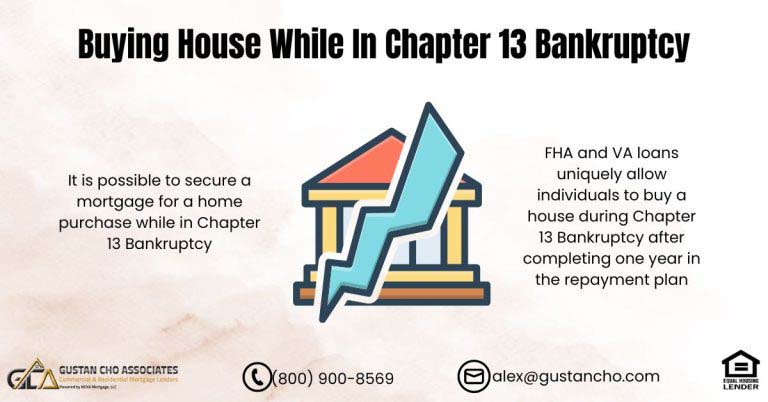
100% VA disabled veteran seeking assistance in refinancing my home. My wife has a bankruptcy under her name, and a trustee payment. We are working with a lender but it’s been over 6 months trying to refinance. We have over 12 months on time payments. They want two years on time payments. They claim we are already pre approved but no movement on our end with the refinancing. Can you assist my family?
Helly Troy, if you want to reach out to me I am a VA Home Loan Specialist. I know you wrote this in June, but I noticed no one responded to you. I am a combat Veteran who works on VA loans and refinances.